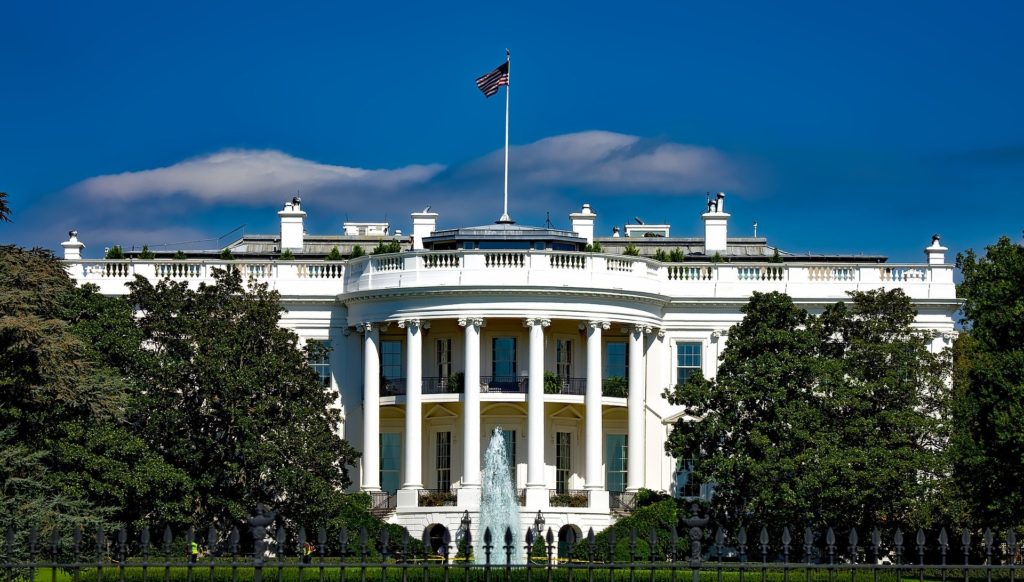The nation’s mental health crisis will be a key part of President Biden’s State of the Union address Tuesday evening, his first since assuming the Oval Office last year.
Biden is calling for Congress to take up legislation that will invest in new approaches to mental health care delivery, in addition to laying out plans to provide funding for existing options. The president’s call comes as 4 out of 10 Americans have reported experiencing symptoms of anxiety and depression – a rate that has quadrupled since before the onset of the pandemic.
New approaches for investment include:
Bringing more providers on board. Biden is hoping to drum up support across the Congressional aisle to add more providers into the behavioral health care realm. According to a news release from the White House, the president’s fiscal year (FY) 2023 budget will invest $700 million into workforce recruitment and training programs aimed at attracting new behavioral health workers to rural and underserved communities. It is estimated that over a third of the country live in areas with provider shortages.
Novel training methods for behavioral health support staff. Biden is eyeing the addition of paraprofessionals to help provide mental health services. The president’s FY 2023 budget will propose new multi-year funding to develop provider capacity and support mental health transformation.
Existing options targeted for funding include:
Mental health parity. Few issues stir up the intense feelings within behavioral health as does mental health parity, with a number of industry insiders feeling as though it does not command the same level of reimbursement consideration as physical care. The FY 2023 budget calls on all health plans to cover behavioral health services with an adequate number of providers, which includes three behavioral health visits each year without cost-sharing.
Expanded telehealth access. Telebehavioral health usage among Medicare enrollees has shot up 32-fold during the pandemic – which follows various telehealth trend lines across the health care spectrum since 2020. The president has said that he intends to work with Congress to guarantee telehealth coverage across health plans, as well as supporting telehealth across state lines. The Biden administration also stated that it is strongly encouraging carriers of the Federal Employees Health Benefits Program to eliminate or reduce co-payments for consumers seeking telebehavioral services.
Integrated care. According to research, up to $178 million in health care costs can be saved each year by integrating behavioral care into primary services – the upshot of which results in positive care outcomes. The president’s FY 2023 plan will double funding for primary and behavioral health integration programs, which would come alongside the Department of Health and Human Services’ (HHS) testing of payment models for whole person care.
Also, for all Americans, the president has promised a more user-friendly experience for its mentalhealth.gov website, which is credited to HHS. The website’s About Us page is currently listed as having been last updated on August 31, 2017.
Support for higher education institutions, veterans and service members. Biden said that the Department of Education will continue using relief funds to train, recruit and retain mental health professionals at colleges and universities.
The president has also stated that the Department of Veterans Affairs will fully implement their Primary Care Mental Health Integration and Behavioral Health Interdisciplinary Program, which links veterans to same-day mental health care. By doing so, the Biden administration asserts that behavioral health integration into primary care would be improved.
Additionally, the Department of Defense will create what it says is a one-stop online tool for service members and their families to access mental health information and locate mental health providers.
More community-based resources. The FY 2023 budget also calls for $50 million to pilot models that will embed and co-locate mental health services into non-traditional settings, which the Biden administration has identified as being libraries, community centers, schools and homeless shelters.
View the full plan here.



